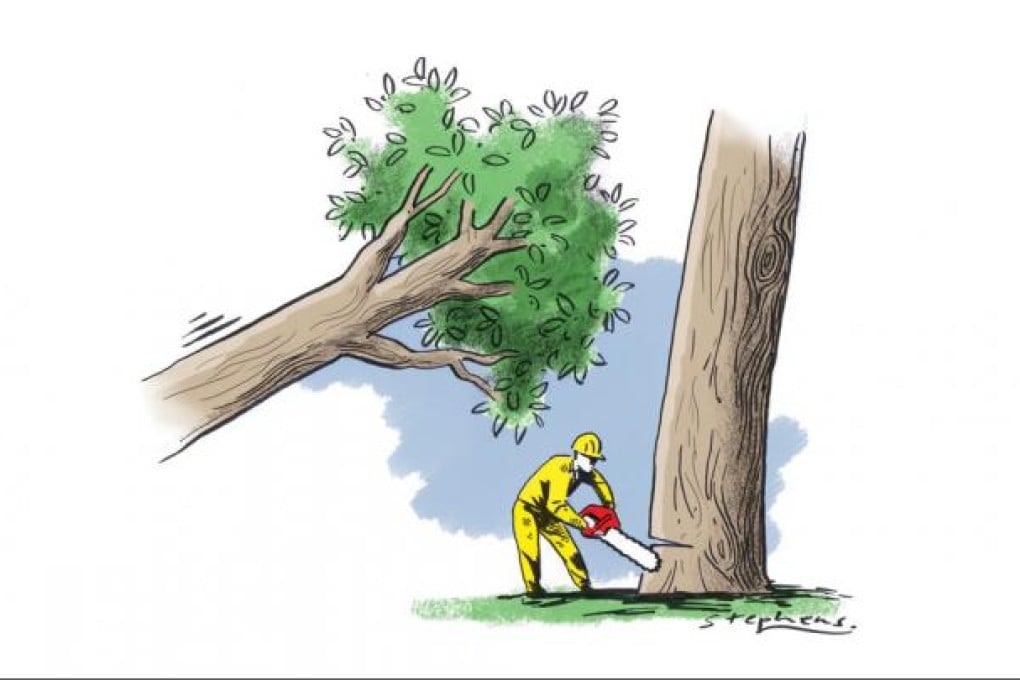Deforestation to blame for Beijing's pollution
Xun Zhou says the smog and dust that now plague Beijing can be traced back to the massive deforestation during the Great Leap Forward that left China scarred by environmental disaster

Surrounded by hills and plains, close to the Mongolian Plateau, Beijing suffers from extremes of temperature. Every year after the harsh, cold winter, the sandstorm from the Gobi desert invades the city as spring approaches. The entire city is covered in dust and turns grey, colouring human life.
It is the most miserable time of the year. Year in and year out, local residents have learnt to deal with this dusty season by covering their head and face with a scarf or wearing a mask.
This year, the sandstorm and smog was said to be so bad that even Mao Zedong, the long-dead chairman of the Communist Party, had a face mask put on his portrait hanging on Tiananmen − the Gate of Heavenly Peace. It drew the attention of the world media. The smog crisis in China's grand capital has become a serious international issue, and The Guardian called it "airpocalypse".
Although some may laugh at the Mao mask as a joke, for people living in Beijing, the smog and sandstorm is sadly a reality of life. Early this year, according to Beijing's municipal environmental authorities, the city's pollution reached dangerous levels. On January 13, the municipal meteorological station issued the city's first orange fog warning as smog enveloped the city. "Oh, it's that time of the year again," some friends sighed, and they blamed the bad, seasonal weather.
Two weeks later, the smog continued, thousands of flights were cancelled, forcing the official China Daily to admit that Beijing was no longer a liveable city.
I am told over and over again that the smog in Beijing is caused by a combination of coal and vehicle emissions, as well the strong dust storms that blow in from the Gobi desert. The latter is said to be getting worse due to climate change, and the rapid economic development in recent years is also blamed. As a result, the city proposed a ban on older vehicles, on factories pumping out pollutants, and has begun fining street vendors who barbecue food outside on smoggy days.
Beijing residents used to be compensated for this bleak and dusty winter-and-spring misery by inhaling the aroma of roasted chestnuts and sweet potato, but this year as the street vendors were chased away on environmental grounds, local people were even deprived of this joy in life. Yet, I know smog and sandstorms are not recent phenomena. In fact, the problem was much worse during the Mao era, long before there were private cars or even food sellers on the streets of Beijing.